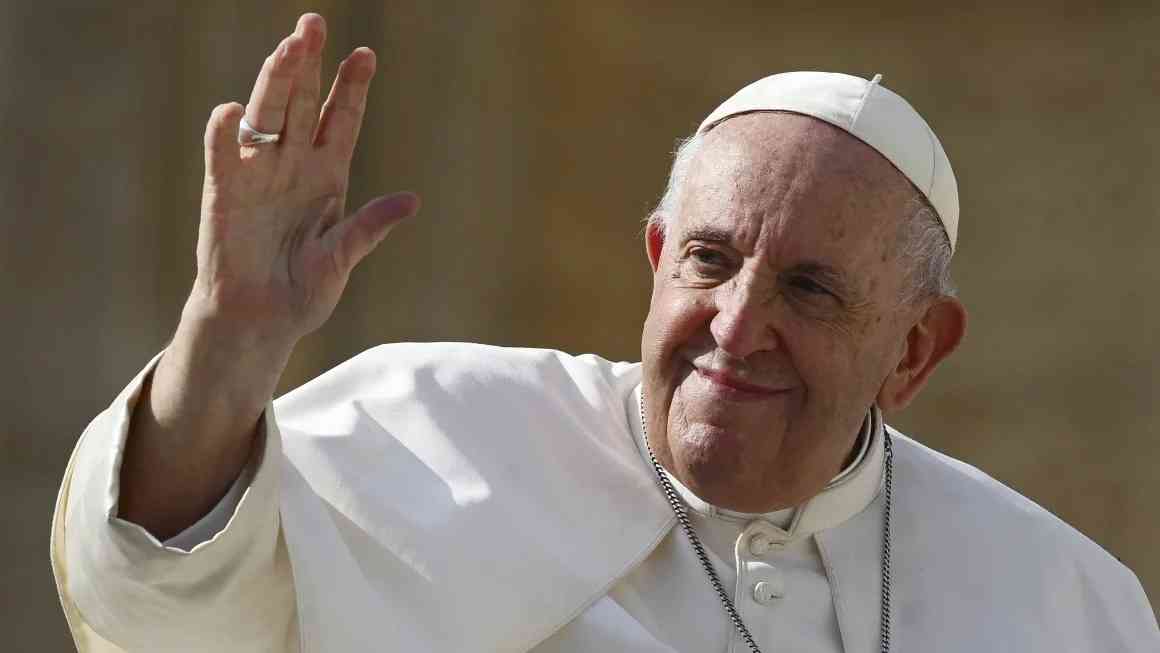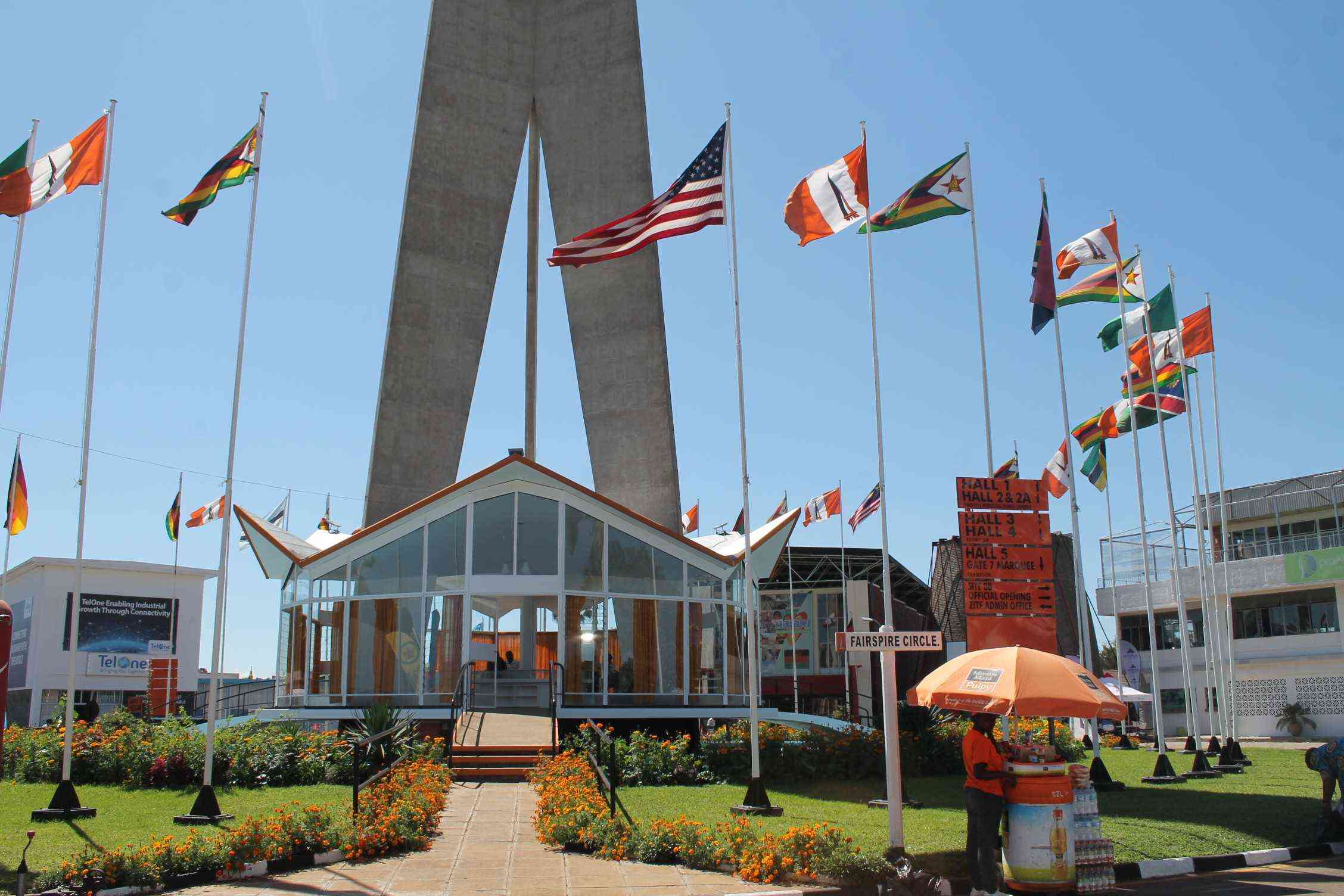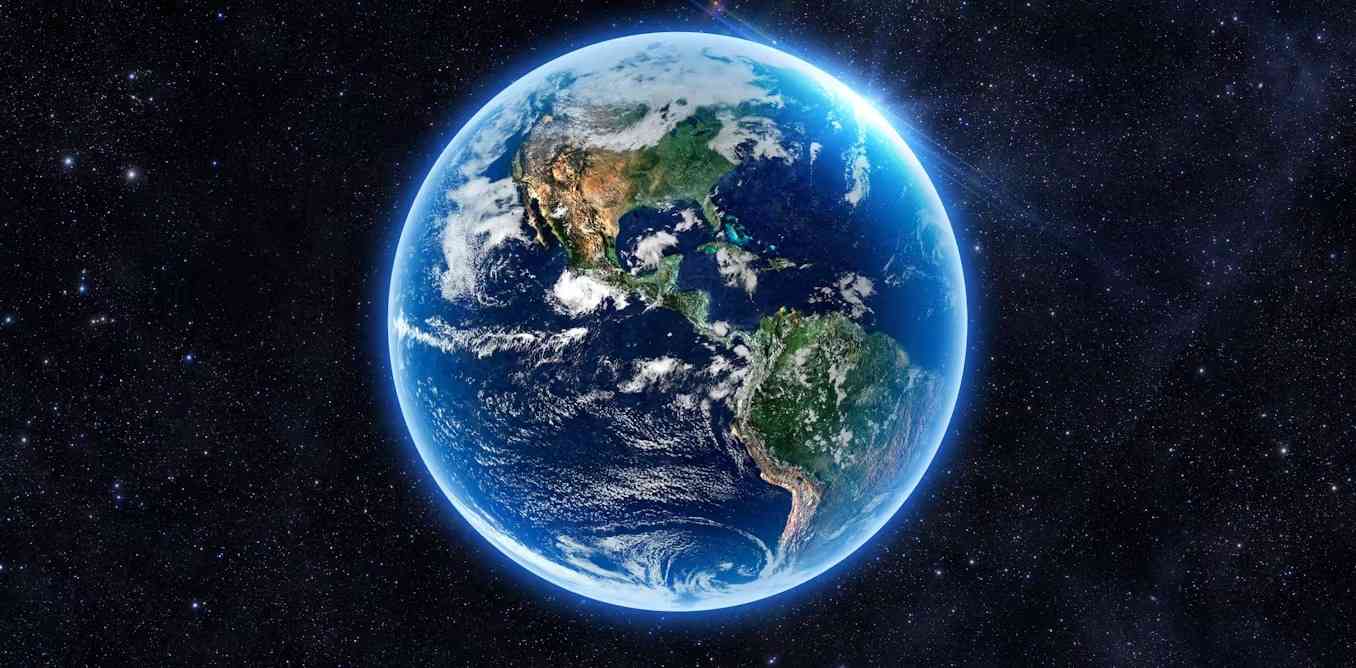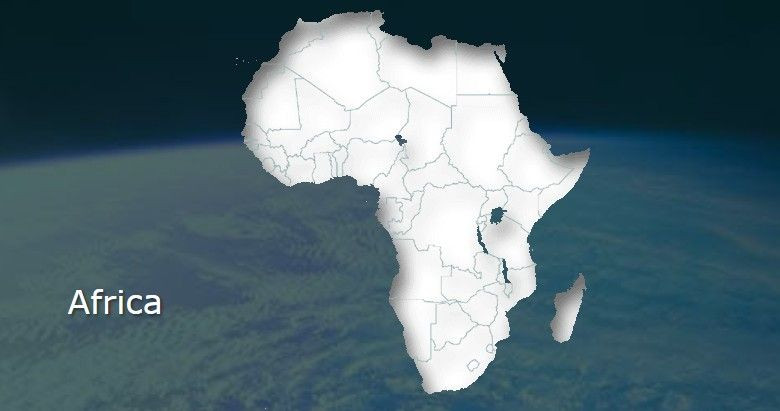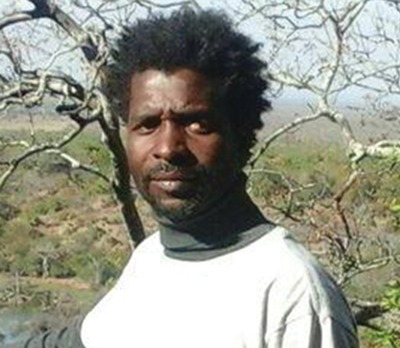
FORMER apartheid South Africa leader Willem de Klerk torched a storm last week when he said apartheid was not a crime against humanity.
De Klerk made the remarks in television interviews to mark 25 years of South Africa’s democracy and 30 years since the release of the late former first democratic President Nelson Mandela from prison after 27 years.
He told the South African Broadcasting Corporation that; “I don’t fully agree with that (it was evil and a crime against humanity), and I am not justifying apartheid in anyway. It did, and profusely apologised for that, but there’s a difference in calling something a crime, like genocide, is a crime, apartheid cannot be, and that is why I am saying this. It can never be compared with genocide, there was never genocide.”
This is heavy stuff from an unrepentant racist in the present circumstance. Julius Malema’s Economic Freedom Fighters (EFF) last Thursday unsuccessfully tried to have De Klerk ejected from the State of The Nation Address in Parliament for the remarks. In the end, and for the sake of progress EFF MPs walked out of Parliament in protest. This was a strong political statement, a statement that found resonance with many in and outside the ruling party, ANC, who believe De Klerk’s comments were hurtful and shows no remorse despite being forgiven after independence.
No bigger voice than that of Zindzi Mandela, South Africa’s Ambassador to Denmark and Mandela’s daughter, scoffed at the ANC’s defence of De Klerk.
She tweeted: “As a loyal and dedicated member of @MYANC I am heartbroken this happened to my mother and many others under De Klerk’s watch. According to his interview, he justified this, therefore saying that my mother and others deserved this aggression. What do we stand for?”
The debate is still raging and the ANC on Monday issued a statement asking De Klerk to retract his statement and apologise. Others like former President Thabo Mbeki and Archbishop Desmond Tutu have also added their voices of condemnation to De Klerk’s comments.
Like apartheid in South Africa, Gukurahundi in Zimbabwe is a festering wound. It is one issue that divides the two nations and refuses to be swept under the carpet 33 years after the signing of the Unity Accord that brought an end to Gukurahundi — the State-sanctioned atrocities that killed over 20 000 people mainly in Matabeleland and Midlands provinces between 1982 and 1987.
- Chamisa under fire over US$120K donation
- Mavhunga puts DeMbare into Chibuku quarterfinals
- Pension funds bet on Cabora Bassa oilfields
- Councils defy govt fire tender directive
Keep Reading
No leader from the ruling Zanu PF party has acknowledged the atrocities by State agents or apologized to the people from the regions. The late former President Robert Mugabe the closest he came to apologising was at the burial of the late Vice-President Joshua Nkomo. Mugabe referred to the atrocities as “a moment of madness”.
Mugabe’s successor, President Emmerson Mnangagwa despite calling himself a reformist, is still to apologise and call Gukurahundi by its name as an atrocity by the State. Like Mugabe, Mnangagwa has started another process of investigating what happened and what should be done to atone for the pain and suffering the Ndebele-speaking people went through at the hands of the State after independence in 1980. Atrocities committed by their fellow liberation colleagues and not the racist Ian Smith colonial regime.
Mnangagwa on Valentine’s Day met civil society leaders from Matabeleland to discuss Gukurahundi. The President could not call the atrocity by name but said he hoped the country would overcome the acrimonious dispute. He exhorted that the “issue” would be resolved through internal dialogue and negotiations.
Mnangagwa was quoted by NewsDay saying: “You are aware, this is a sensitive issue that requires careful consideration, with due regard being given to the sensitivity of the affected families, communities and relevant culture and customs that are in place at the location of their burial sites.”
He added: “My government is working on achieving a consensus on how best to address this situation in a manner that will not offend anyone. In due course, I will receive recommendations from all concerned parties, including the affected families, National Peace and Reconciliation Commission, traditional leaders and other civic society groups.”
This is insincerity writ large. Who is Mnangagwa afraid to “offend” or reach “consensus” with as definitely there is only one group — Ndebele-speaking or people from Matabeleland and Midlands provinces who were massacred by the State machinery?
The evidence that this was State-sanctioned is available from different sources including Joshua Nkomo’s autobiogragh Nkomo — The Story of My Life. There is also evidence from the Catholic Commission for Justice and Peace which produced a report Breaking the Silence. Both articles point to a specially-trained Fifth Brigade that committed the atrocities. The State on its part has two independent commission reports — Dumbutshena and Chihambakwe — that more than 30 years later are still locked up in some vault and kept away from the public who funded these commissions by their taxes.
If Mnangagwa is sincere and contrite about the atrocities, he should release the reports into the public domain. Failure to do so proves that he is unrepentant just like De Klerk who denies that apartheid was a crime against humanity even after the United Nations decreed it so. One cannot help but say on this score, De Klerk and Mnangagwa are in the same WhatsApp group.
Zimbabwe having no equivalent of EFF, it may be the duty of the civil society to push through all legal and constitutional means to have the Dumbutshena and Chihambakwe reports released.
Zimbabwe needs to heal this festering wound once and for all.
May the real Mnangagwa stand up.
Paidamoyo Muzulu is a journalist and writes here in his personal capacity.

